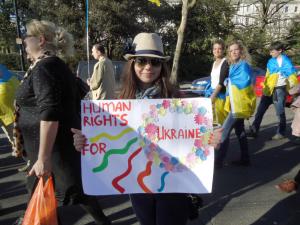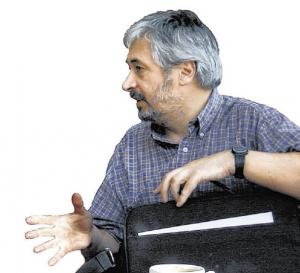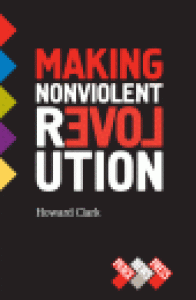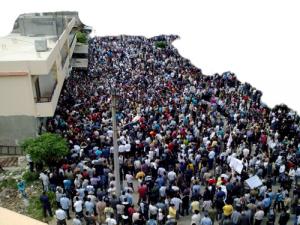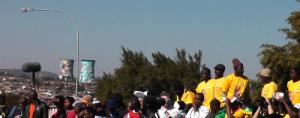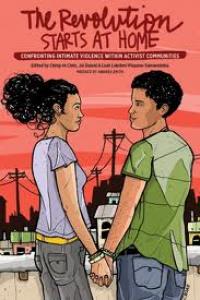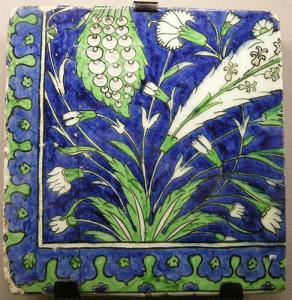At the moment, PN staff are the only listed UK promoters of Campaign Nonviolence, the nonviolence study/action group initiative started by Pace e Bene in the US last year. Milan Rai, Emily Johns and Gabriel Carlyle are in a Campaign Nonviolence study/action group in Hastings (it’s called Burning Gold, after a line in a William Blake poem).
This March and April, Campaign Nonviolence has been running workshops across the US to ‘help build the campaign to mainstream active nonviolence…



